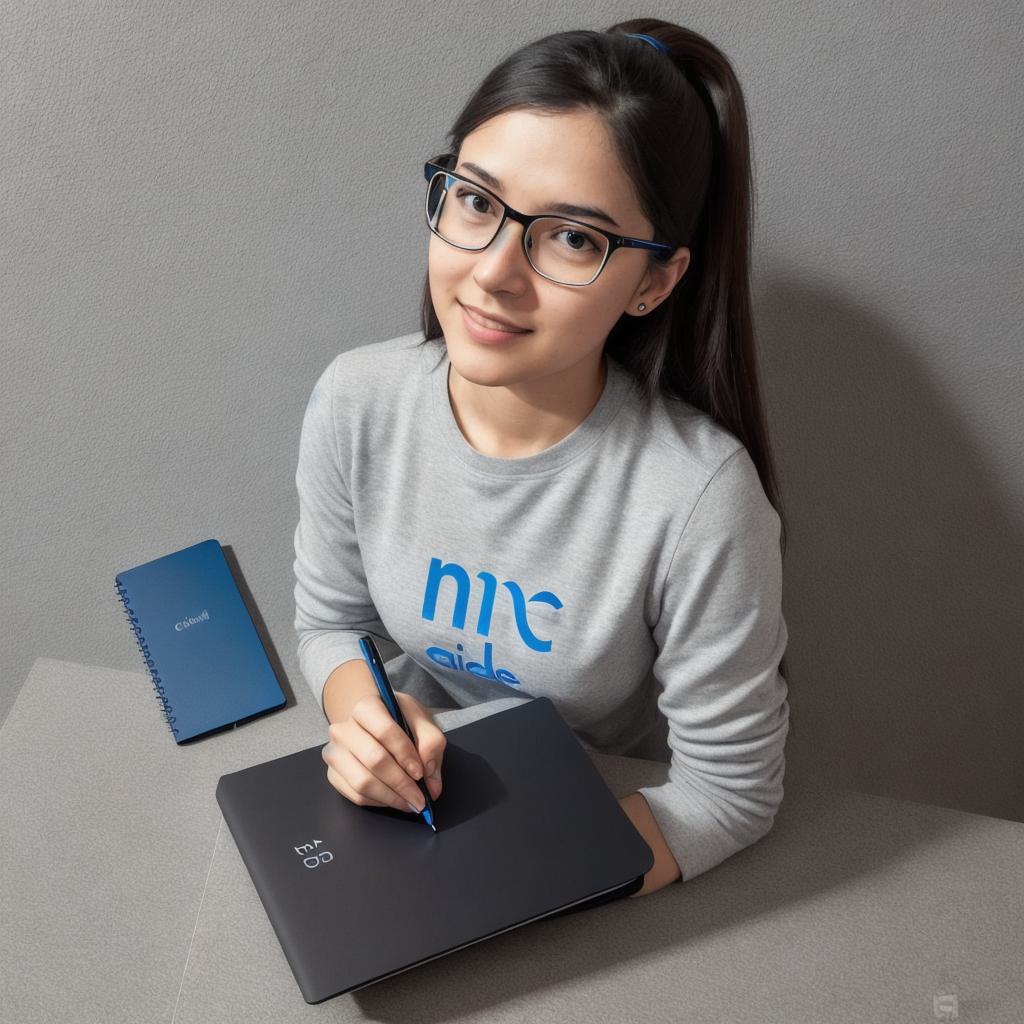Android is a popular operating system for mobile devices, with millions of users worldwide. For developers, it offers a vast array of opportunities to create engaging and innovative apps that can reach a massive audience. In this article, we will explore how to get started with Android development and utilize Google’s resources to take your skills to the next level.
Getting Started with Android Development
Before diving into Android development, it is essential to have some programming experience. However, even if you are a beginner, there are many resources available online that can help you get started. The official Android developer website (developer.android.com) is an excellent place to start. It provides a wealth of information on how to develop Android apps, including tutorials, documentation, and sample code.
Another great resource for beginners is the Google Developers Console (console.developers.google.com), which provides a step-by-step guide on how to set up your development environment, create your first app, and publish it to the Play Store. Once you have completed these steps, you will be able to access the Android Studio Integrated Development Environment (IDE), which is an excellent tool for developing Android apps.

Android Studio IDE
Android Studio is a powerful IDE that provides many features to help you develop your app efficiently. It has a user-friendly interface and supports many programming languages, including Java, Kotlin, C++, and more. The IDE also includes a range of tools for testing, debugging, and optimizing your code.
One of the most useful features of Android Studio is its support for real-time coding assistance, which allows you to get immediate feedback on your code as you type it. This feature can help you catch errors early and improve your coding skills faster. Additionally, the IDE includes a built-in debugger that makes it easy to identify and fix bugs in your app.
Google’s Resources for Android Developers
In addition to the resources mentioned above, Google provides many other tools and resources for Android developers. One of these is the Google Play Console (console.developers.google.com), which allows you to manage your app’s listing on the Play Store, track its performance, and communicate with your users.
Another great resource for Android developers is the Android Developers Blog (androiddevelopers.blogspot.com), which provides regular updates on new features, APIs, and best practices for Android development. The blog also includes a range of case studies and tutorials that can help you improve your skills and stay up to date with the latest trends in Android development.
Google’s Android NDK (Native Development Kit) is another useful tool for developers who want to use native code in their apps. The NDK allows you to write code in C or C++ and then compile it into Java bytecode, which can run on an Android device. This feature can help you optimize your app’s performance and take advantage of the latest hardware features on Android devices.
Conclusion
Getting started with Android development can be challenging, but there are many resources available online to help you get started. By using
Android Studio IDE
, the Google Developers Console, and other tools provided by Google, you can develop high-quality apps that reach a massive audience on mobile devices. Remember to stay up to date with the latest trends in Android development and keep experimenting with new features and APIs to stay ahead of the competition.
